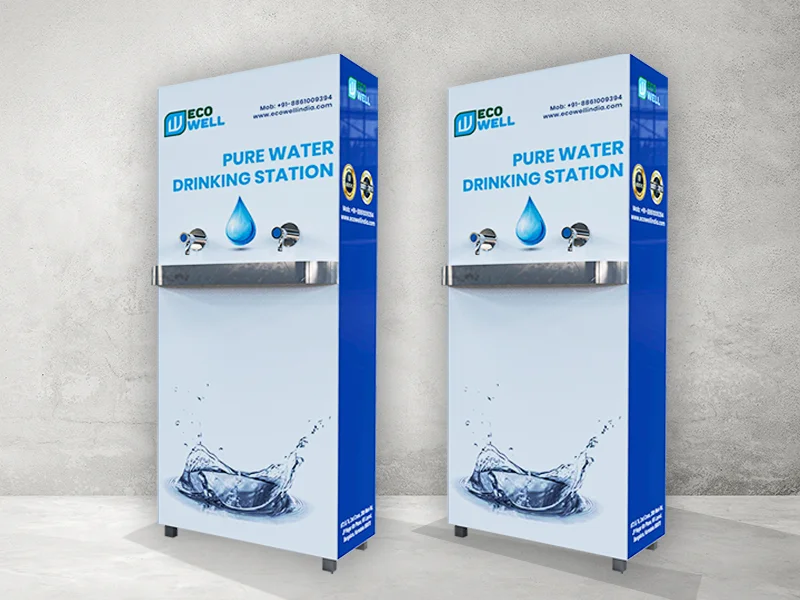
Let’s be real; Water Purifiers aren’t page 3 news. Although necessary, water purifiers are not so interesting that you’d keep up with the regular updates. So, when you go out to buy one, what do you ask?
Don’t worry, we’ve got you covered. Here are some most common questions to ask when you’re buying a water purifier!
Why do I need to purify my water?
Well, you have to. Tap water or regular water usually has high levels of contamination. These contaminants include bacteria, viruses, harmful dissolved salts and other participles. Furthermore, drinking contaminated water leads to multiple health issues, including cholera, Jaundice, Typhoid, and Gastroenteritis- all of these are waterborne diseases.
What are the commonly used purification methods/ technologies?
The most commonly used purification methods include your regular boiling of water, Ultrafiltration (UF), Ultra Violet (UV) Disinfection and Reverse Osmosis (RO) Purification. Nowadays, It’s safer to opt for the option which has multiple methods combined.
What is Reverse Osmosis (RO)?
RO water purifiers kill all bacterias and viruses present in the water through a semipermeable membrane. This membrane is used to eradicate the large particles as well as dissolved germs, bacterias, and viruses. So, because the dissolved impurities and salts are left behind, only water molecules move towards the other side of the membrane.
Reverse Osmosis (RO) is widely regarded as the most reliable purification method. Moreover, it requires electricity to boost tap water pressure.
What is Ultrafiltration (UF)?
In the case of UF water purifiers, no electricity is required. UF water purifiers can kill all the bacteria, viruses and germs present in the water. They are also capable of removing dead bacteria and germs from the water.
This purification of water happens through a hollow membrane.
What is Ultra Violet (UV)?
Under this method, normal water goes through Ultraviolet (UV) rays that kill the harmful bacteria making the water clean, drinkable and disinfected from germs and bacteria. It requires electricity to operate but does not require additional power to boost water pressure. Consequently, UVs are relatively easy to maintain, highly reliable and most importantly, provide chemical-free water.
Why is it important to choose a brand that offers reliable after-sale service?
Unlike other products, Water purifiers do require services every now and then in order to function correctly. So, it’s essential for you to keep your water purifier up to date to ensure its working at the optimum level. Always go for a brand that offers quick servicing so that all your water purification problems get resolved fast.
What is TDS?
Total Dissolved Solids (TDS) are the various minerals (heavy metal ions) and salts which are dissolved in water. So through water purifiers, these solids are eliminated or reduced to provide you with the healthiest water possible.
Is the plastic used for water purifiers safe?
Usually, water purifiers are made of high-quality plastic (engineering grade). High-quality plastic is non-toxic as well as safe for food. So this plastic does not affect the odour, purity or taste of the water.
What to do with rejected water?
You can conserve it for various other purposes like watering your plants or cleaning the floor.
Can RO Water Purifiers remove the essential minerals in water?
RO Water Purifiers tend to remove certain minerals; however, they always retain the essential ones. So, this statement is not valid. You won’t be losing out on the crucial minerals.




Leave a Reply